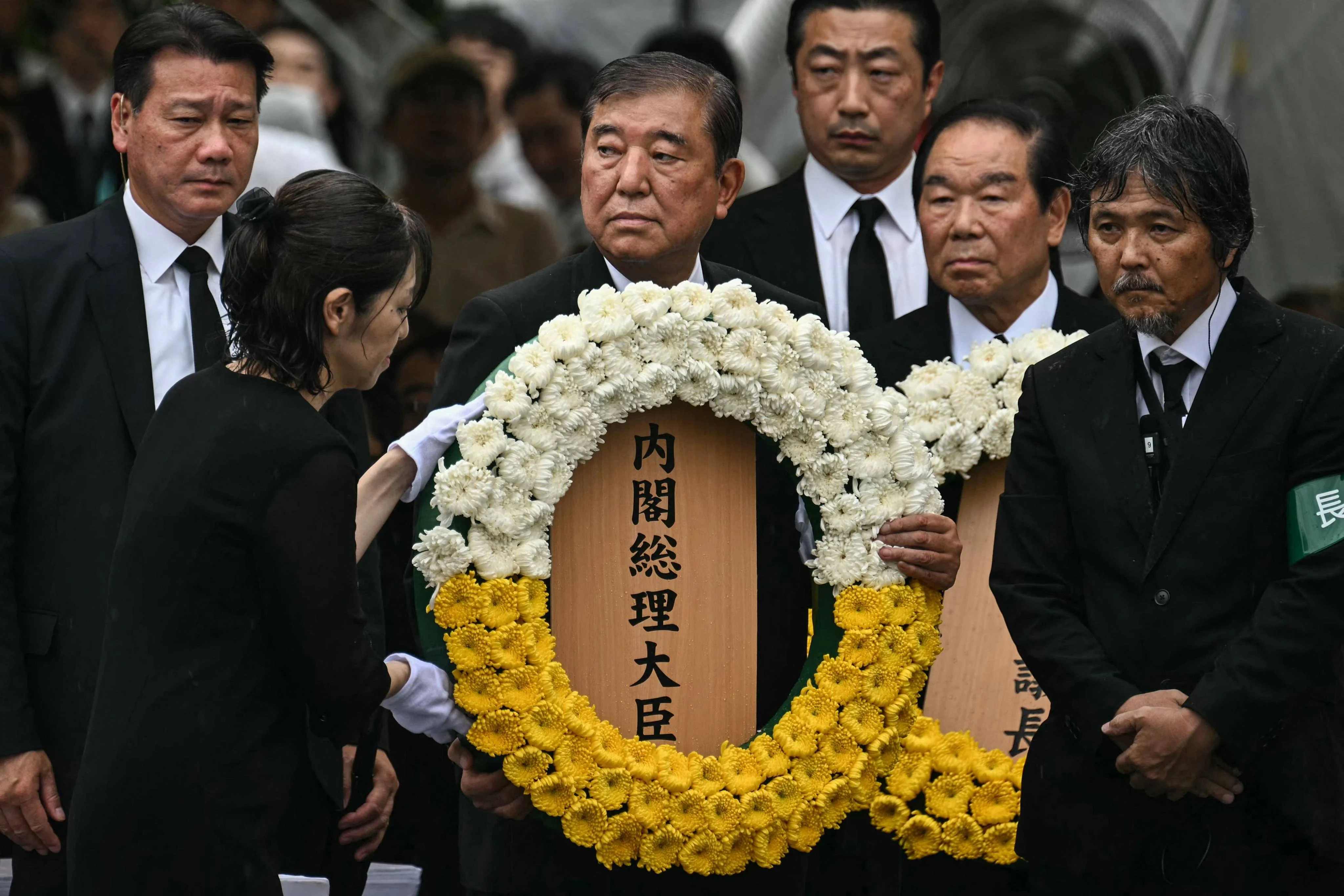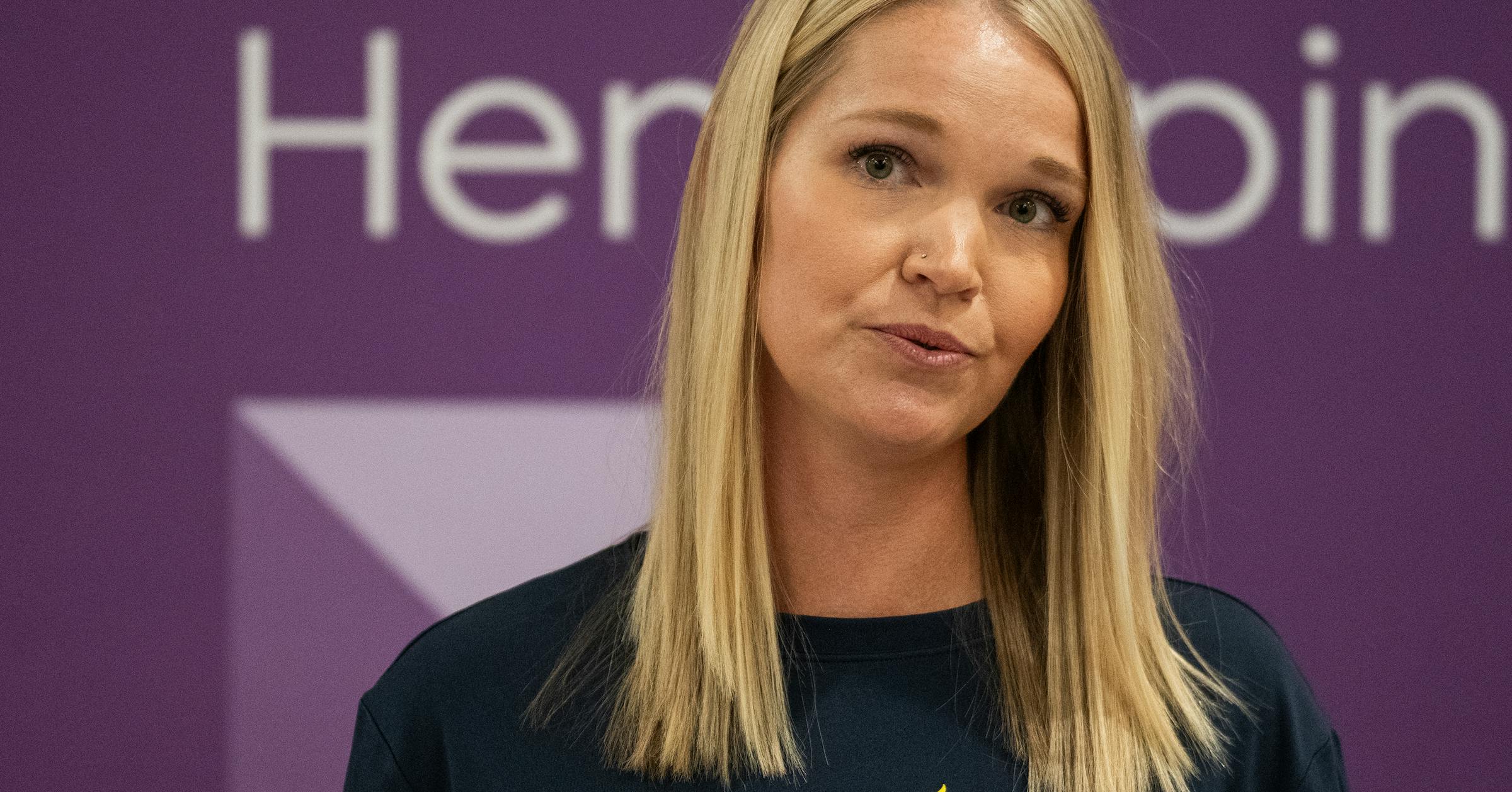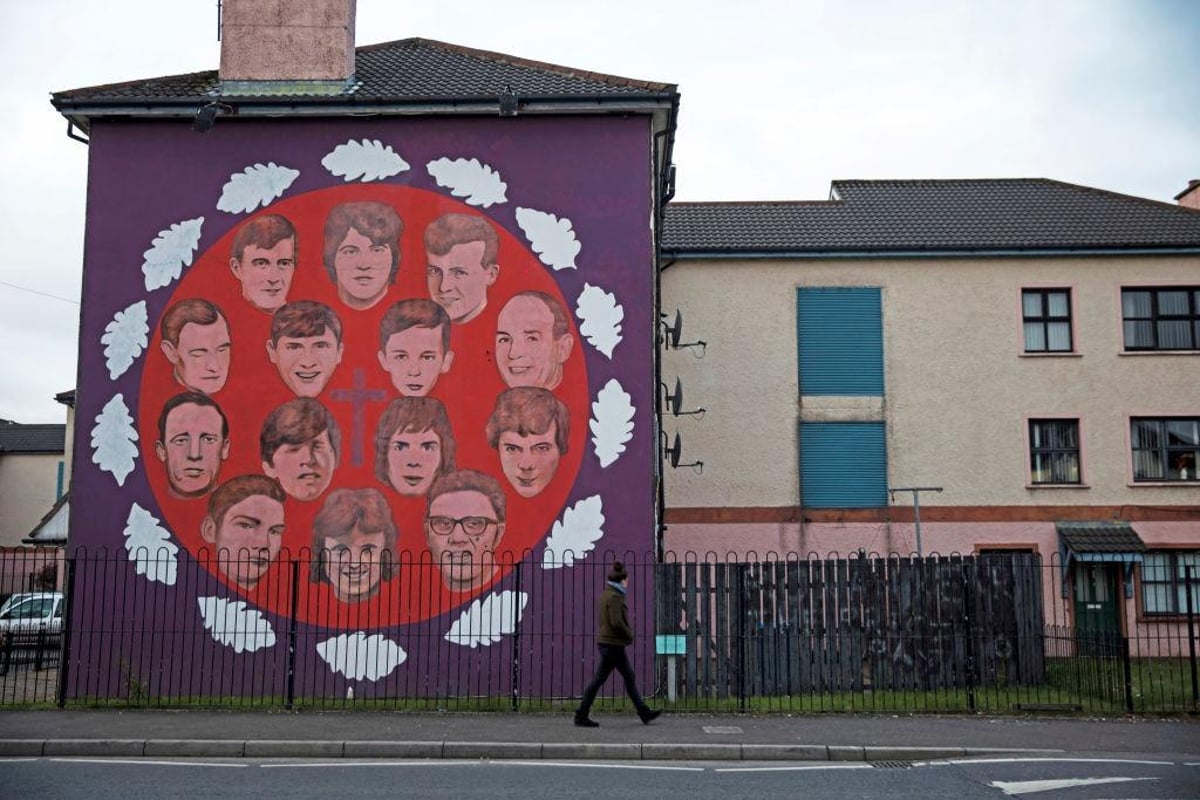By Julian Ryall
Copyright scmp

Outgoing Japanese Prime Minister Shigeru Ishiba plans to deliver a speech at the UN General Assembly later this month when he is expected to share his views on the causes of World War II, prompting concerns among conservatives that he may offer a more sweeping apology than any previous Liberal Democratic Party leader.
Ishiba announced on Sunday that he would step down, with an election to replace him as party president and prime minister of the nation expected to take place in early October.
Analysts say he now feels freer to express his personal opinions on the origins of the war in the Pacific theatre, even though his views may clash with those of his fellow LDP members.
Ishiba seems to be walking a fine line
Stephen Nagy, international-relations professor
“I am deeply concerned about the statement that Ishiba is planning to make,” said Yoichi Shimada, a former LDP supporter who won a seat for the nationalist Conservative Party of Japan in last October’s lower house election, noting Ishiba’s past comments on Japan’s actions before and during the war.
Japan “made some very bad decisions” in the early decades of the last century, Shimada told This Week in Asia, but it was not alone in making significant geopolitical errors of judgment.
“I do not think that Ishiba has a good or full understanding of history, and I also believe that he has given in to China’s efforts to promote a mentality of ‘war guilt’ among Japanese people,” he added.
There were discussions within the government over Ishiba releasing a statement on August 15 to coincide with the 80th anniversary of Japan’s surrender, in the same way that previous Japanese leaders have done on past significant anniversaries, most recently Shinzo Abe in August 2015.
Ultimately, Ishiba was dissuaded from issuing such a statement, which requires the support of the cabinet.
The Yomiuri Shimbun, quoting sources close to the prime minister, said Ishiba questioned why the word “remorse” was not included in the draft of a speech that he gave at the government’s annual memorial service on August 15. Japanese officials subsequently added “remorse” – the first time the term was included in an address at the service since 2012, when it was used by Yoshihiko Noda, then the leader of the left-leaning Democratic Party.
Ishiba has reiterated that he feels a responsibility to issue a formal statement in which he would state that “it is necessary to prevent war from ever happening again”. He has said that such a personal comment would touch on why Japan failed to avoid its “reckless” entry into the war.
The Japan Times, citing a government official, first reported that Ishiba might talk about the end of WWII at the UN General Assembly later this month.
In August 2015, Abe issued a statement marking the end of the war. Abe called on Japan to “calmly reflect upon the road to war, the path we have taken since it ended and the era of the 20th century”.
He added that the country “must learn from the lessons of history the wisdom for our future” and stated that “Japan took the wrong course and advanced along the road to war”.
“On the 70th anniversary of the end of the war,” Abe said. “I bow my head deeply before the souls of all those who perished both at home and abroad. I express my feelings of profound grief and my eternal, sincere condolences.”
The statement singled out nations including China and South Korea for expressions of regret, but emphasised that after repeated apologies, modern-day Japan was not the same country it was 70 years prior.
“In Japan, the post-war generations now exceed 80 per cent of its population,” Abe said. “We must not let our children, grandchildren and even further generations to come, who have nothing to do with that war, be predestined to apologise. Still, even so, we Japanese, across generations, must squarely face the history of the past.”
Shimada, who was an adviser to Abe and a personal friend, said he had “reservations” about sections of the statement that he believed “went too far”, but added that it should be accepted as Tokyo’s final position on the conflict.
“As Abe said, future generations should not be forced to apologise again and again every year, but I worry that if Ishiba announces a new position, it will go well beyond the 2015 statement,” he said. “And no matter what is said, some countries will never stop using the past to attack modern-day Japan for their own ends.”
A former defence minister, Ishiba is known for a personal interest in the years of Japan’s militarist expansion across Asia and the Pacific. In March, he went to Iwo Jima, where some of the fiercest fighting of the entire war took place. The following month, he travelled to Caliraya in the Philippine province of Laguna, where he became the first Japanese prime minister to visit a monument commemorating Japanese who died in fighting in the Philippines during the war.
Ishiba has also paid his respects at battlefields in Okinawa and expressed his intention to travel to the Palau island of Peleliu, where some 10,000 Japanese soldiers were killed.
In March, Ishiba announced that he wanted to set up a panel of historians and other experts to mark the 80th anniversary of Japan’s defeat by examining the full circumstances that led up to Tokyo’s declaration of war. Senior members of the LDP pushed back against the idea, which never took off.
“Ishiba seems to be walking a fine line,” said Stephen Nagy, a professor of international relations at Tokyo’s International Christian University. “A lot of what he is saying does not represent the position of the party, and I am sure that he would not want being ejected from the LDP to be his legacy.”
There may be an ulterior motive behind Ishiba’s intentions, according to Nagy.
“I believe he is trying to blunt the more conservative elements of his party just before the members vote on their new leader,” he said. “He may well feel that the conservative wing is pushing the party and the country in a different direction.”
“This may be an opportunity for him to make a statement about the importance of unity, peace and stability, as well as where Japan should be going in the future,” Nagy added.



